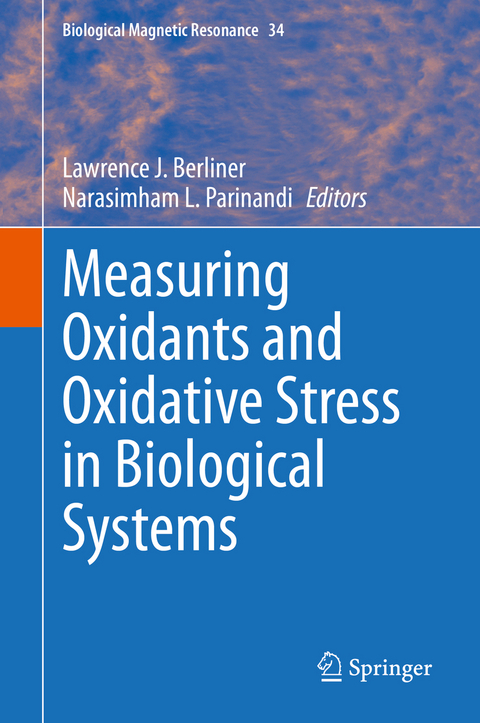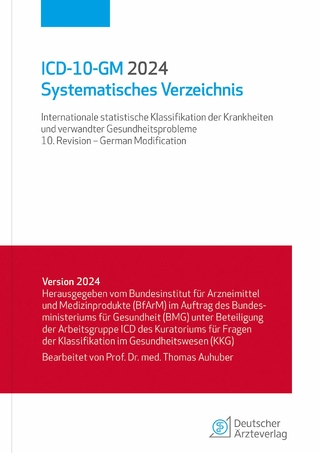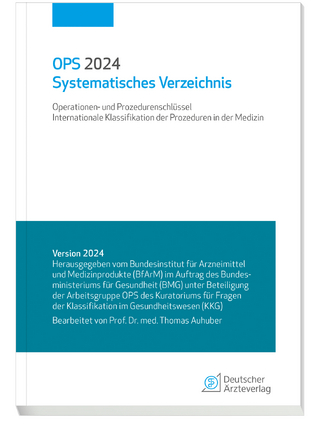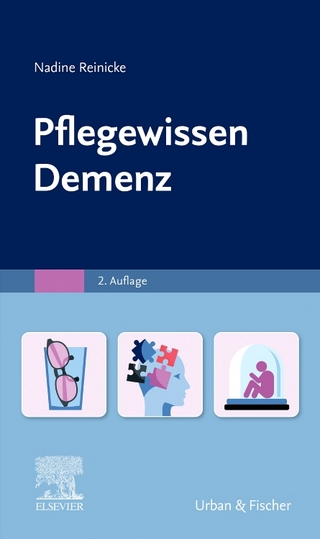
Measuring Oxidants and Oxidative Stress in Biological Systems
Springer International Publishing (Verlag)
978-3-030-47317-4 (ISBN)
Lawrence J. Berliner received his B.S. in chemistry at U.C.L.A., then gained his Ph.D. in (bio)physical chemistry as one of the first Stanford University graduate students under H. M. McConnell. This era signalled the beginning of the spin labelling technique, where He was involved from the beginning to the current day. He was then recognized as the first British-American Heart Postdoctoral Fellowship sponsored jointly by the American Heart Association and British Heart Fund in 1967 to work in protein crystallography at the Laboratory of Molecular Biophysics at Oxford University under the tutelage of Sir David Phillips. He joined The Ohio State University in 1969 as Assistant Professor of Chemistry. He was promoted to Full Professor in 1981 and then became Emeritus Professor in 2001, following a move to become Chair of the Department of Chemistry and Biochemistry at the University of Denver, where he was an adjunct member of the University of Colorado Toxicology Graduate Program in the School of Pharmacy. He is a biophysical chemist with interests in magnetic resonance studies of proteins and enzymes, in-vivo MR studies and free radical chemistry. He is well known in the EPR field for his contributions to spin labelling for over five decades, in addition for his edited book, "Spin Labelling: Theory and Applications" (Academic Press, 1976). The 'series' has resulted in four volumes, with a fifth planned. The first 1976 tattered volume remains today on many lab bookshelves around the world, with the Russian translation 'selling' more volumes than the English version. He conceived the series "Biological Magnetic Resonance" in 1979 with NMR pioneer Jacques Reuben, which is now in its 30th volume, and He now coordinates new volumes with guest co-editors. His work has covered proteolytic enzymes, including key coagulation proteins involved in thrombosis, protein-protein interactions in lactation and other key biological processes, in-vivo EPR on small animals and studies of free radical processes in mammalian system some accomplishments that He is best known for are his collaborative work with Kalman Hideg in developing the MTSL spin label, and first demonstrating in vivo EPR imaging on a plant species and small animals. He was recognized with the 2000 IES Silver Medal in Biology and Medicine. He takes great pride in being inducted as a charter member of the IES as well as the Society of Magnetic Resonance in Medicine. He has received numerous honors and awards, including fellow of the American Association Advancement of Science. He was further recognized, after his move to Denver, with the Lifetime Achievement Award in Biological EPR Spectroscopy at EPR 2005 in Columbus, Ohio, and as the only Fellow of the American Chemical Society at the University of Denver. In 2016 he was the Rudi Lembergh Traveling Fellow of the Australian Academy of Science. He was nominated as Fellow of the International EPR (ESR Society for 2019. His other activities, particularly in the American Chemical Society, involve educating and interacting with U.S. legislators about the importance of funding basic scientific research and training. His goal, after stepping down as Chair in late 2008, was learning and pursuing new biological EPR and biophysical problems. Hence, his most recent sabbatical was spent as the Joseph Meyerhoff Visiting Professorship at the Department of Chemical Physics, Weizmann Institute of Science, and International Visiting Research Scientist at the University of Western Sydney. His other professional responsibility is as Editor in Chief of two Springer-Nature Journals, Cell Biochemistry and Biophysics and The Protein Journal. He spends a great deal of his time mentoring young scientists on career decisions and aspirations. For those who know him personally, he is someone who sees the world in a bigger perspective. While he had more than once concluded that spin labelling h
Introduction.- Assays for thiols and modifications.- Pitfalls of ROS measurements by fluorescent probes and mitochondrial superoxide determination using MitoSOX.- Methods and Reagents.- Clinical Probes for ROS and Oxidative Stress.- Measurement of oxidative stress markers in vitro using commercially available kits.- Oxidative Lipidomics - Analysis of Oxidized Lipids and Lipid Peroxidation in Biological Systems with Relevance to Health & Disease.- Clinically Related Models and Approaches.- Oxidant-Induced Models of Vascular Leak.- Ozone-Specific' Oxysterols and Neuronal Cell Signaling.- Measurement Oxidative Stress Status in Human Populations: A Critical Need for a Metabolomic Approach.- Instrumental Methods.- Sense and Sensibility of Oxygen in Pathophysiology using EPR Oximetry.- Resonators for Clinical EPR.- Biomedical Overhauser Magnetic Resonance Imaging (OMRI). Noninvasive Imaging of Redox Processes.- Index.
| Erscheinungsdatum | 17.08.2020 |
|---|---|
| Reihe/Serie | Biological Magnetic Resonance |
| Zusatzinfo | XIV, 237 p. 85 illus., 37 illus. in color. |
| Verlagsort | Cham |
| Sprache | englisch |
| Maße | 155 x 235 mm |
| Gewicht | 535 g |
| Themenwelt | Informatik ► Weitere Themen ► Bioinformatik |
| Naturwissenschaften ► Biologie ► Mikrobiologie / Immunologie | |
| Naturwissenschaften ► Biologie ► Zellbiologie | |
| Schlagworte | Biological Systems • Cell Cycle Analysis • Oxidants • Oxidative stress • redox state • RNS • ROS • systems biology |
| ISBN-10 | 3-030-47317-1 / 3030473171 |
| ISBN-13 | 978-3-030-47317-4 / 9783030473174 |
| Zustand | Neuware |
| Haben Sie eine Frage zum Produkt? |
aus dem Bereich


